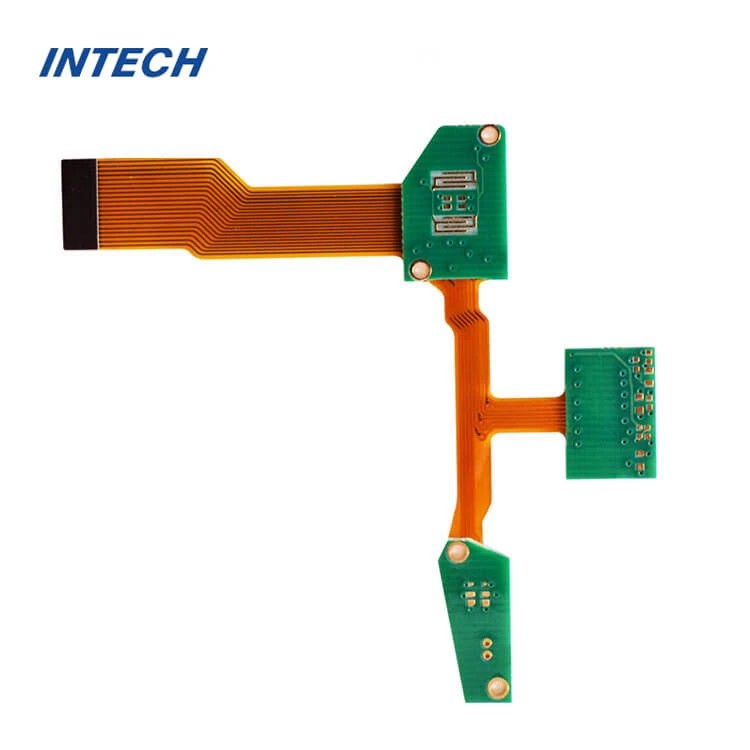Circuit board, the “brain” in the electronic field, plays an important role in modern science and technology.In order to facilitate users to have a better experience, pcb circuit board manufacturers Many attempts have been made to upgrade the products, and the results are also very good, and the market performance tends to be in a good state. https://intechcircuit.com/
It not only supports the layout of electronic components, but also ensures the smooth transmission of electrical signals.
Imagine, without a circuit board, those tiny electronic components are like pearls scattered all over the floor. Although precious, they cannot be connected in series into a bright necklace.
So, how can we get started quickly and understand this “treasure book” full of mysterious symbols? Don’t worry, follow the pace of Xiaobian, and you can easily control this electronic ocean in just three steps.
First of all, we should start with understanding the basic structure of the circuit board.
Circuit board is actually an integrated body composed of a series of electronic components connected by copper foil lines.
These seemingly complicated lines and component arrangements actually follow specific circuit design principles.
To interpret them, the first task is to be familiar with the common symbols of electronic components.
For example, resistance is usually represented by a line with an arrow, and capacitance is like a parallel plate, and the identification code next to each component is their unique “ID number”.
Understanding these basic symbols means that you have taken the first step to understand the circuit board.
Next, we enter the second step-analyzing the circuit schematic diagram.
The circuit schematic diagram of PCB can be regarded as the soul blueprint of circuit board, which shows the connection mode and current direction between components.
For friends who are new to this road, they may be troubled by dense lines.
At this time, you need to learn to distinguish between the main signal path and the auxiliary power supply or grounding line.
An effective technique is to walk along the power line first, which is like understanding the traffic trunk lines of a city; Then pay attention to the lines that directly connect components, which is like observing the streets and buildings in the city.
Through this analytic hierarchy process, the complex information on the schematic diagram can be gradually clarified.
The last step is a practical exercise-verification and learning against the actual circuit board.
Theoretical knowledge is important, but practical experience is the touchstone to test true knowledge.
You can get the circuit board from the waste electronic equipment, disassemble it by yourself and observe the position of each component and its connection with each other.
In this process, you may find that there are differences between the actual circuit board and the schematic diagram, which is the opportunity for learning.
You will find that the circuit board designer will make adaptive adjustments to the schematic diagram in order to consider the current, electromagnetic compatibility and heat dissipation.
Through comparative analysis and practical operation, you will have a deeper understanding of the essence of circuit board design.
Of course, the process of understanding the circuit board will not be smooth sailing, and you may encounter various challenges, such as incomprehensible circuit symbols and intricate circuit layout.
But please remember, every electronic master started from scratch, and only through step-by-step exploration and practice did they achieve today.
Therefore, don’t be discouraged when encountering difficulties, keep curiosity and enthusiasm for exploration, actively seek information, consult experts, and persistently practice and sum up experience.
It is not out of reach to master the skills of reading circuit boards. It requires not only the study of theoretical knowledge, but also the practical process of combining observation, thinking and hands-on operation.
As long as we study and discover with our heart, we can gradually uncover the mysterious veil of the circuit board and then fly freely in the electronic world.